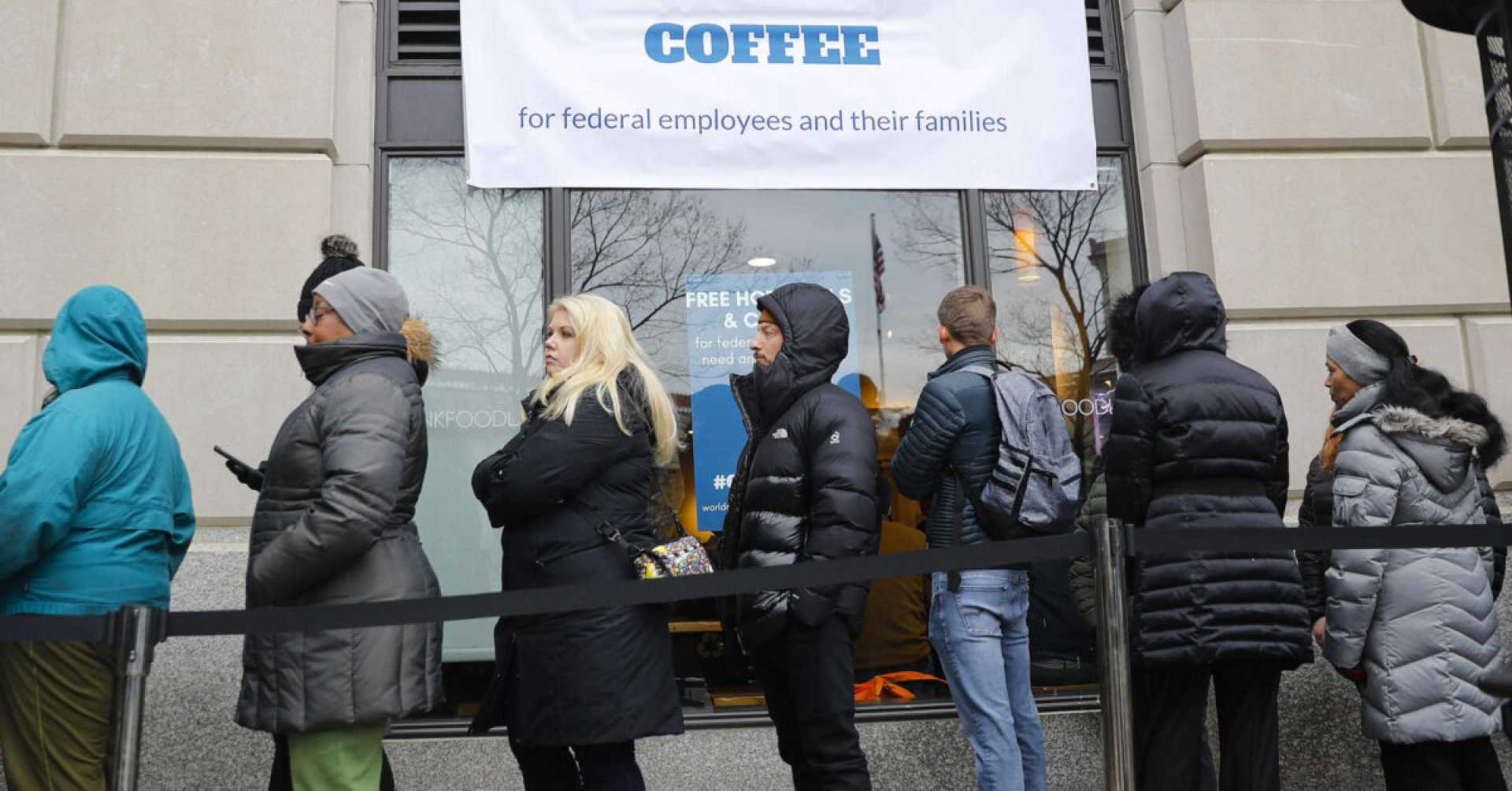News
Federal Government Shutdown Disrupts Legal Representation for Indigent Defendants

ALBUQUERQUE, N.M. — The ongoing federal government shutdown is creating significant challenges for private attorneys who provide legal representation to low-income defendants across the country. Since the Criminal Justice Act (CJA) funding expired on July 3, many court-appointed lawyers have stopped accepting new cases, arguing that the financial instability hampers their ability to offer effective counsel.
Approximately 12,000 private lawyers serve on panels that provide legal defense for those unable to afford attorneys. The CJA funding crisis, exacerbated by the shutdown, is affecting up to 40% of federal criminal cases nationwide. Since the shutdown began more than a month ago, many defense lawyers have continued to work unpaid, leaving them in a precarious financial position.
On November 3, over 50 private attorneys and contractors in New Mexico announced they would cease accepting new cases. In a letter to Chief U.S. District Judge Kenneth Gonzales, they cited the funding crisis as a reason that conflicts with their professional and ethical obligations to ensure adequate representation for existing clients.
In response to the situation, Southern District of California Chief Judge Cynthia Bashant expressed concern that without adequate CJA attorneys, courts may have to dismiss criminal cases, violating defendants’ Sixth Amendment rights. “It’s terrible,” Bashant stated, noting that several attorneys have either resigned or paused their involvement due to the lack of payment.
Defense attorney Danica Mazenko emphasized the implications on justice, arguing that proceeding with prosecutions without funding for representation would undermine the fundamental legal rights established in the Supreme Court’s 1963 ruling in Gideon v. Wainwright.
The funding gap has also hampered the ability to retain necessary services, such as expert witnesses and interpreters, critical for mounting a solid defense. Federal public defenders, who represent the remaining 60% of indigent cases, are in a similar predicament, working without pay since mid-October.
With many attorneys expressing doubt over the future of their services amid the funding shortfall, the fear of a systemic collapse of legal representation for low-income defendants looms large. Without immediate congressional intervention, the implications for the justice system could be significant and far-reaching.












